Urgent
Dii Desert Energy releases ‘MENA Energy Outlook 2026’ report
 Emirates ramps up operations to Manila with four new weekly flights
Emirates ramps up operations to Manila with four new weekly flights
 Ministry of Energy and Infrastructure, Agility sign MoU to enhance energy efficiency
Ministry of Energy and Infrastructure, Agility sign MoU to enhance energy efficiency
 Abu Dhabi, Italy to strengthen strategic partnership
Abu Dhabi, Italy to strengthen strategic partnership
 UAE-DRC Trade and Investment Day highlights partnership opportunities
UAE-DRC Trade and Investment Day highlights partnership opportunities
 Gold, silver jump to record highs globally
Gold, silver jump to record highs globally
 Startups play pivotal role in accelerating tourism sector growth in Ras Al Khaimah
Startups play pivotal role in accelerating tourism sector growth in Ras Al Khaimah
 DEWA to organise 28th edition of WETEX in October
DEWA to organise 28th edition of WETEX in October

 Emirates ramps up operations to Manila with four new weekly flights
Emirates ramps up operations to Manila with four new weekly flights
 Ministry of Energy and Infrastructure, Agility sign MoU to enhance energy efficiency
Ministry of Energy and Infrastructure, Agility sign MoU to enhance energy efficiency
 Abu Dhabi, Italy to strengthen strategic partnership
Abu Dhabi, Italy to strengthen strategic partnership
 UAE-DRC Trade and Investment Day highlights partnership opportunities
UAE-DRC Trade and Investment Day highlights partnership opportunities
 Gold, silver jump to record highs globally
Gold, silver jump to record highs globally
 Startups play pivotal role in accelerating tourism sector growth in Ras Al Khaimah
Startups play pivotal role in accelerating tourism sector growth in Ras Al Khaimah
 DEWA to organise 28th edition of WETEX in October
DEWA to organise 28th edition of WETEX in October



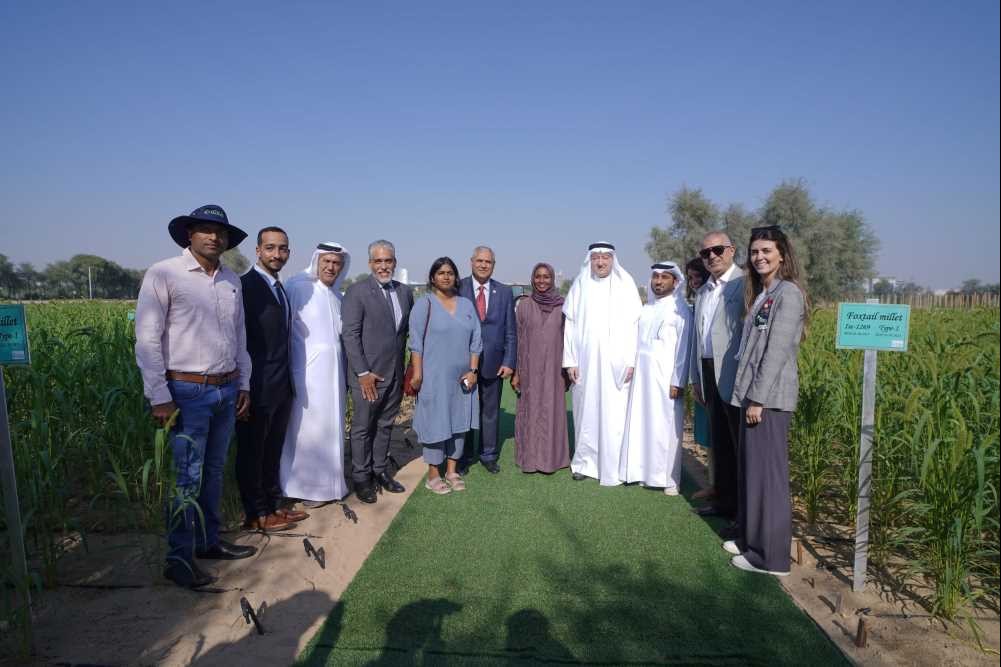



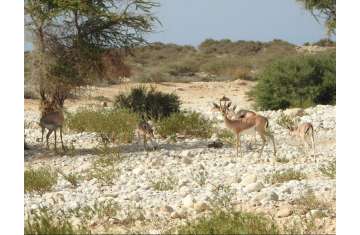
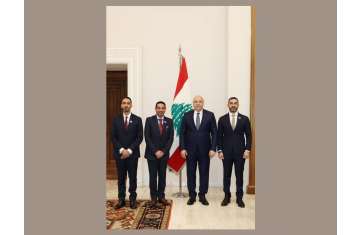
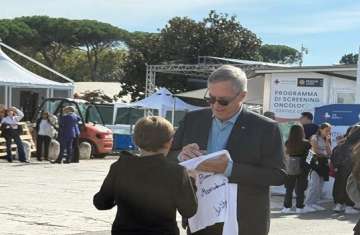
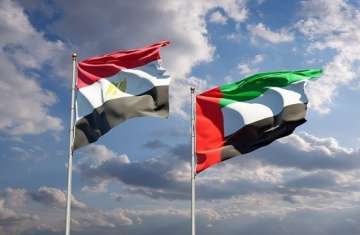
Comments